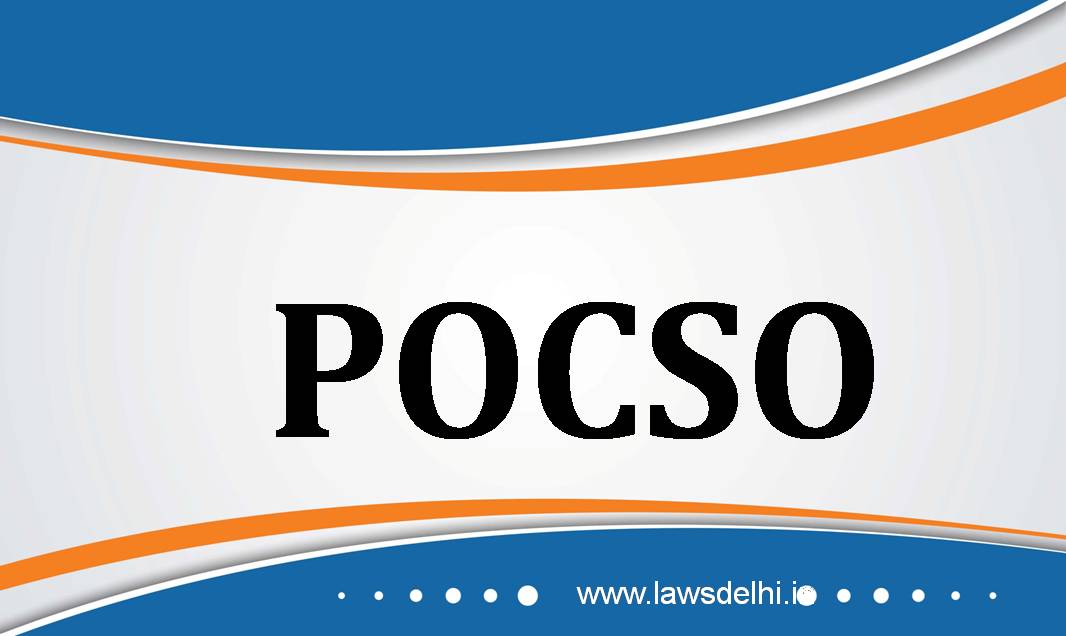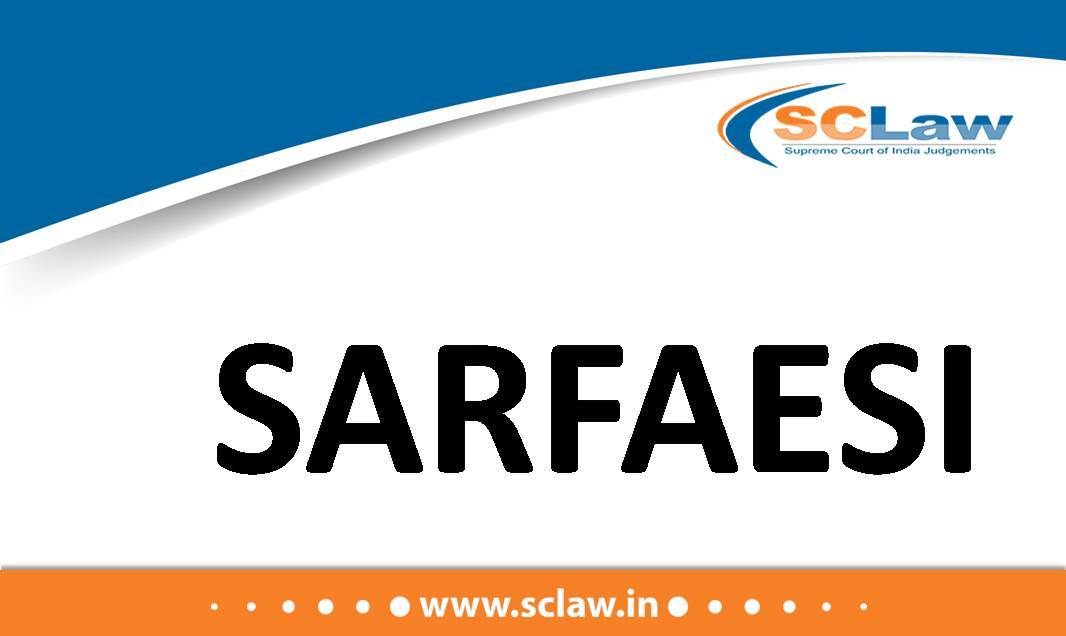Deposition would reveal that after the other accused assaulted the deceased with sword, A-3 came thereafter and assaulted the deceased with stone lying there – Prosecution has not been in a position to establish that A-3 shared the common intention with the other accused to cause the murder of the deceased – Appeal of A-3 is allowed by altering the conviction under Section 302 to Section 304 Part II IPC.
SUPREME COURT OF INDIA DIVISION BENCH VELTHEPU SRINIVAS AND OTHERS — Appellant Vs. STATE OF ANDHRA PRADESH (NOW STATE OF TELANGANA) AND ANOTHER — Respondent ( Before : B.R. Gavai…





